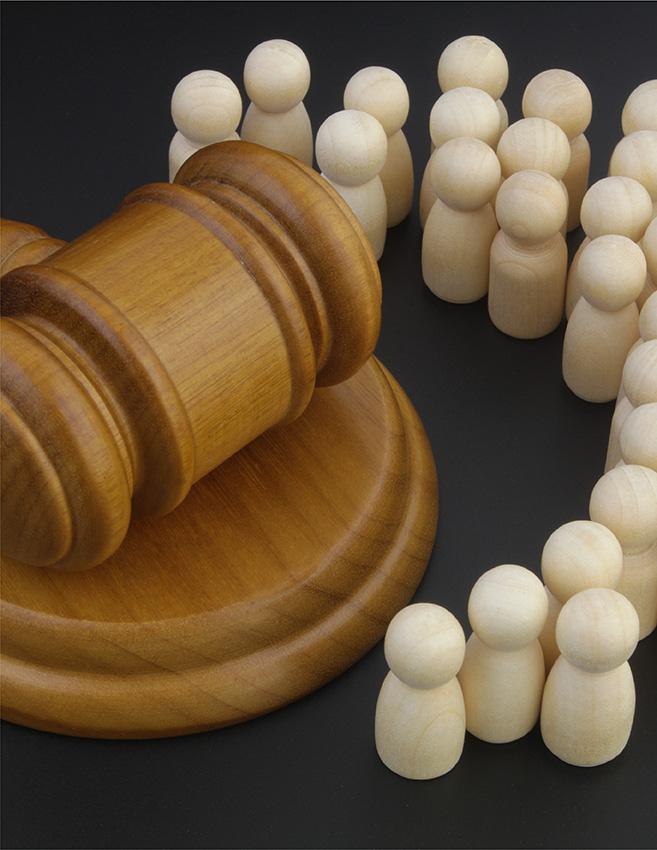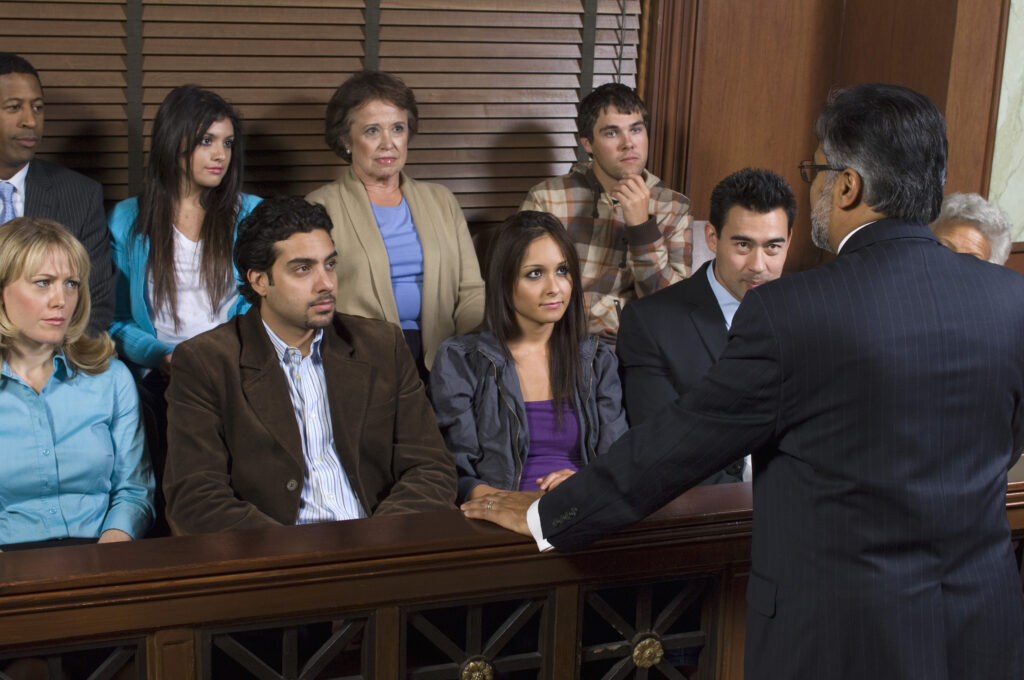Asbestos personal injury litigation, the longest-running and largest mass tort in U.S. history, has already bankrupted more than 100 companies and shows no signs of abating. Part of the trial bar’s “get-rich” playbook is to generate thousands of new asbestos lawsuits each year from advertising blitzes. Plaintiffs’ lawyers also develop new theories of liability in order to bring new companies into asbestos litigation. These companies often have no connection to the most dangerous, most ubiquitous asbestos products that early lawsuits focused on. To ensure that victims are fairly compensated by the companies that made these prevalent asbestos-containing products, asbestos bankruptcy trust funds were set up. These funds put victims’ needs first by eliminating the costly and time-consuming process of adjudicating claims through litigation. Instead, they allow individuals harmed by asbestos to efficiently file trust claims. Unfortunately, some of the trusts’ processes are so friendly to claimants that they’ve become vulnerable to fraud and abuse by the trial bar. There is currently no federal legislation safeguarding victims that have legitimate claims.
According to ILR research, Disconnects and Double-Dipping, plaintiffs’ lawyers can “double-dip” from these trusts by denying exposure, during lawsuits, to asbestos products made by the companies that set up trusts. Once litigation is resolved, lawyers file contradictory claims for the same injuries with asbestos trust funds, this time claiming their clients actually were exposed to the products that weren’t mentioned during the lawsuits. This inconsistent claiming is a significant problem and is inherently unfair to legitimate victims, whose compensation is diluted every time a questionable claim is paid. Plaintiffs’ lawyers can also “over-name” by filing lawsuits that name dozens, sometimes hundreds, of companies as defendants only to dismiss the claims against most of them with no liability after months or years of litigation.
The U.S. Department of Justice (DOJ) has worked to ensure that future asbestos trust funds operate transparently, are designed to deter fraud, and receive appropriate oversight. The DOJ’s ability to conduct regular oversight of trusts established decades ago, though, is limited. This is why ILR has consistently supported legislation that would curb waste, fraud, and abuse in the asbestos trust system, including the PROTECT Asbestos Victims Act. The PROTECT Act would strengthen the DOJ’s ability to investigate double-dipping, and it would give the DOJ additional tools to act against misconduct within the trust system. Without congressional action, unscrupulous lawyers will continue to double-dip against the trusts and in courts across the country.
In the absence of federal legislation, some states have enacted their own protections. This year, the Utah legislature passed, and Gov. Spencer Cox recently signed into law, HB 328, to reduce the over-naming of defendants in asbestos cases and improve an existing law that prevents double-dipping by requiring lawsuits and trust claims to be filed at the same time. The law will go into effect on May 3. Other states have similar laws already on the books, including Arizona, Iowa, and West Virginia. By discouraging wasteful litigation and abuse of the trusts, these state laws preserve real asbestos victims’ access to fair compensation.
Lawmakers at all levels of government can enact reforms that provide meaningful and impartial oversight of the asbestos trust system to ensure victims get paid what they deserve.


